Could Huawei become the next HTC?
This article may contain personal views and opinion from the author.
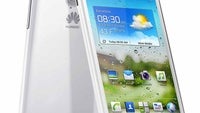
“Hua-who?” – this is the response you are likely to get when you ask someone whether they know anything about Chinese telecommunications giant Huawei. However, we believe that things are bound to change in the foreseeable future. In fact, Huawei appears to be building up the potential to transform from being this obscure Asian company (as it is currently perceived by the average U.S. consumer) to a brand name that is well established on the U.S. market; a brand name just as respected and recognizable as HTC is today.
Would you like to know what makes us think that way? We will gladly share our thoughts with you, but first...
A little history
You might not be aware of this fact, but Huawei has been on the mobile scene for quite a while. It once catered exclusively to the needs of its homeland market, but since 2005, the company has been doing business mostly outside of China. However, Huawei has not been involved that much into making phones as much as it has been busy building cellular infrastructure for other businesses. And it is doing a pretty good job at it, we must admit. Huawei equipment currently powers the networks of a number of wireless carriers, such as Vodafone, British Telecom, TELUS, Bell Canada, TeliaSonera, Clearwire, and Telfort. So yeah, when it comes to cellular communications, Huawei does know a thing or two.
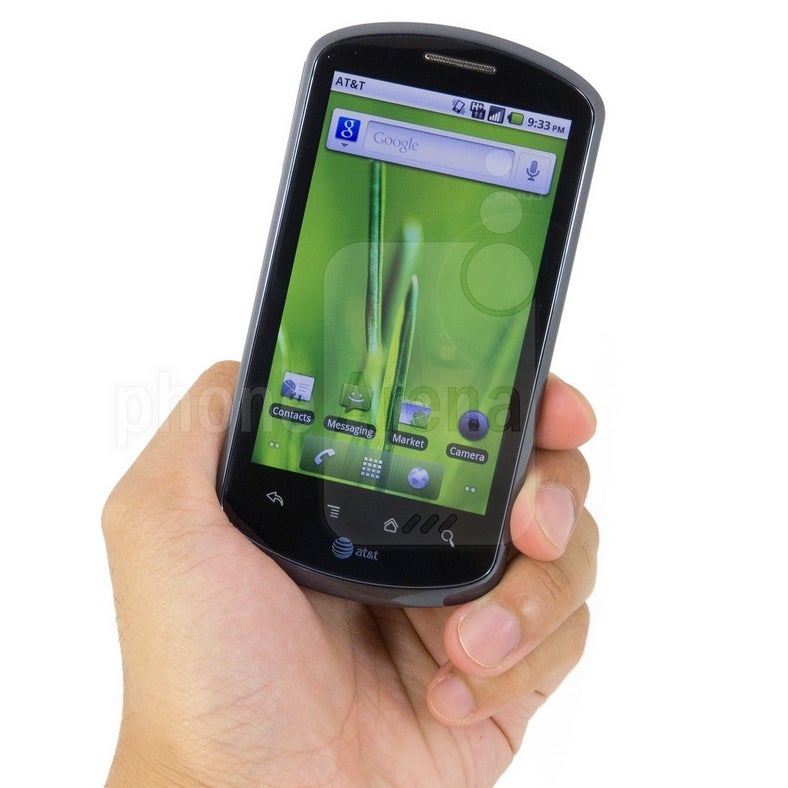
The AT&T Impulse 4G is actually made by Huawei
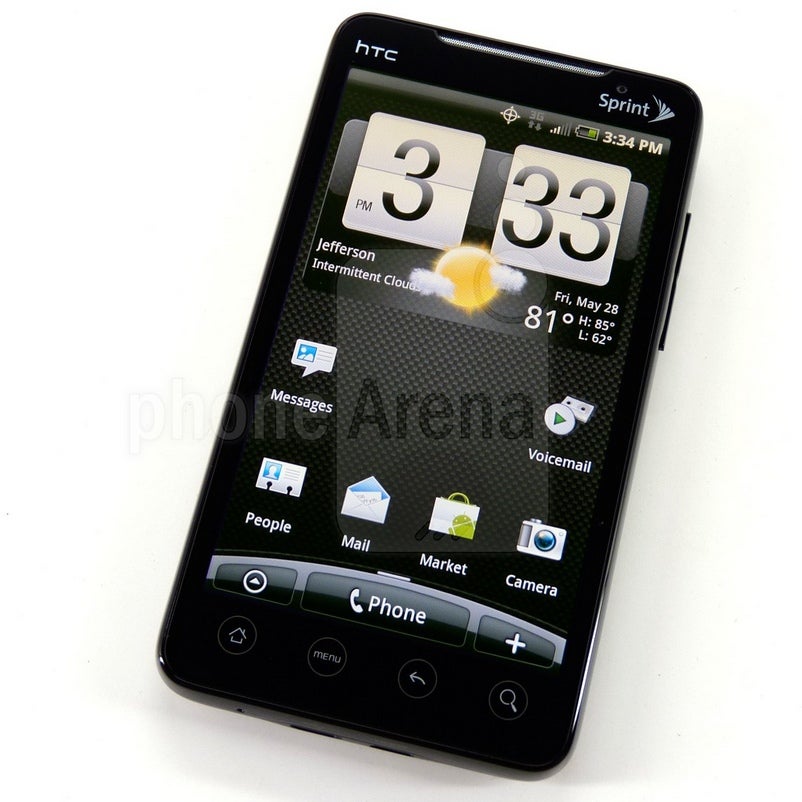
The HTC EVO 4G - the first 4G phone in the US
This is what Huawei has been lacking so far – staple smartphones that are exceptional, that have something to stand out with and grab the audience's attention. Well, the time for that to happen finally came, and at MWC 2012, Huawei decided to...
Bring out the big guns
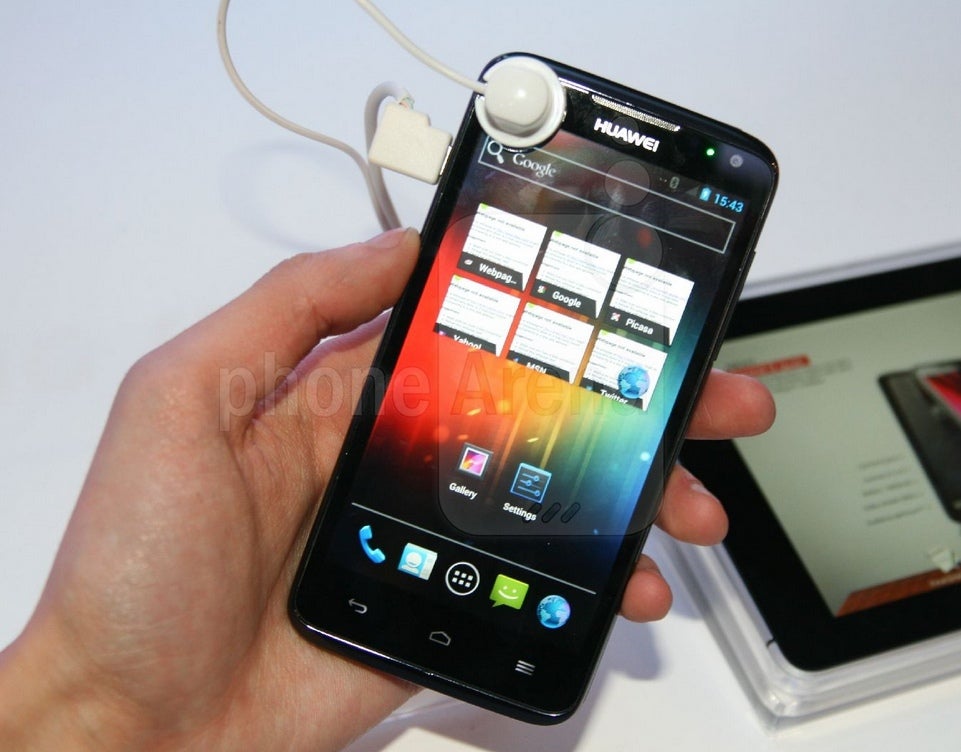
The Huawei Ascend D quad has a quad-core processor and a 4.5-inch HD display
Well, almost. During its MWC 2012 press conference, Huawei put a lot of effort in convincing the audience that the hardware inside its new flagships is superior to anything currently on the market. We were treated to benchmark results for Huawei's home-grown K3V2 quad-core processor, which annihilates the competition in many aspects, or so it is claimed. But as the case is with every other gadget out there, the truth about their performance will emerge once the Ascend D quad and MediaPad 10.1 are given thorough reviews. For after all, the real life experience is what truly matters, right? Carrier adoption will also matter a lot if Huawei wants to establish itself firmly on the U.S. smartphone market. So far, we know that its new handsets are set to land on U.S. soil during the second quarter of 2012, but which carrier or carriers will be offering them is still unclear. Furthermore, launching at the right price will be of utmost importance. However, Huawei's handsets have been quite competitively priced so far, and we hope that the latest offerings will be no exception. And if their subsidized price is considerably lower than that of the competition's offerings, we can only expect those Huawei high-ends to fly off the shelves.
Conclusion
So, is Huawei about to become the new HTC? We believe that it sure might happen. As we already know, the company is determined on expanding its U.S. presence, and its newly announced devices might just do the trick, as long as they are priced right and perform as great as their maker promises. Besides, a little extra competition is always welcome. Of course, it would be interesting to see how other manufacturers will react to the Huawei invasion, if it succeeds. Are we about to see the price of top-notch smartphones going further down? Or are companies simply going to up the ante in the hardware department even further? Only time will tell.
Follow us on Google News
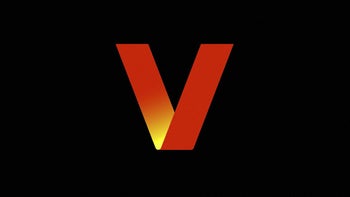
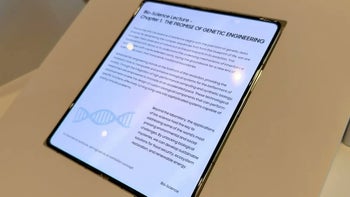
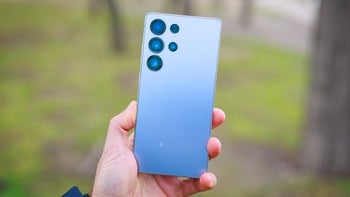
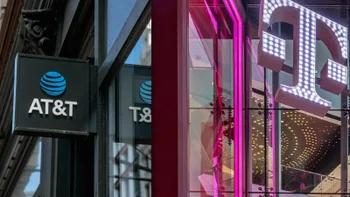
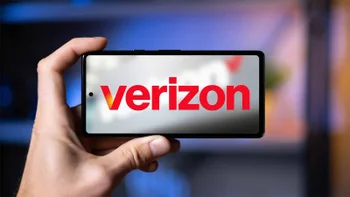


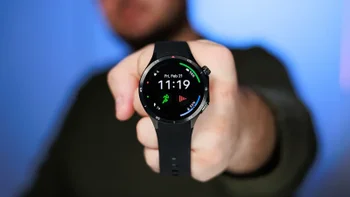
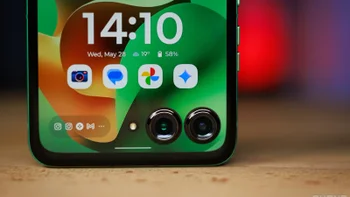
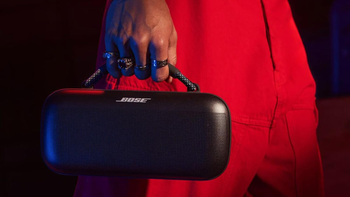
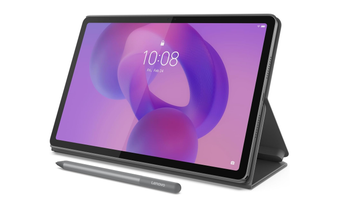
Things that are NOT allowed:
To help keep our community safe and free from spam, we apply temporary limits to newly created accounts: